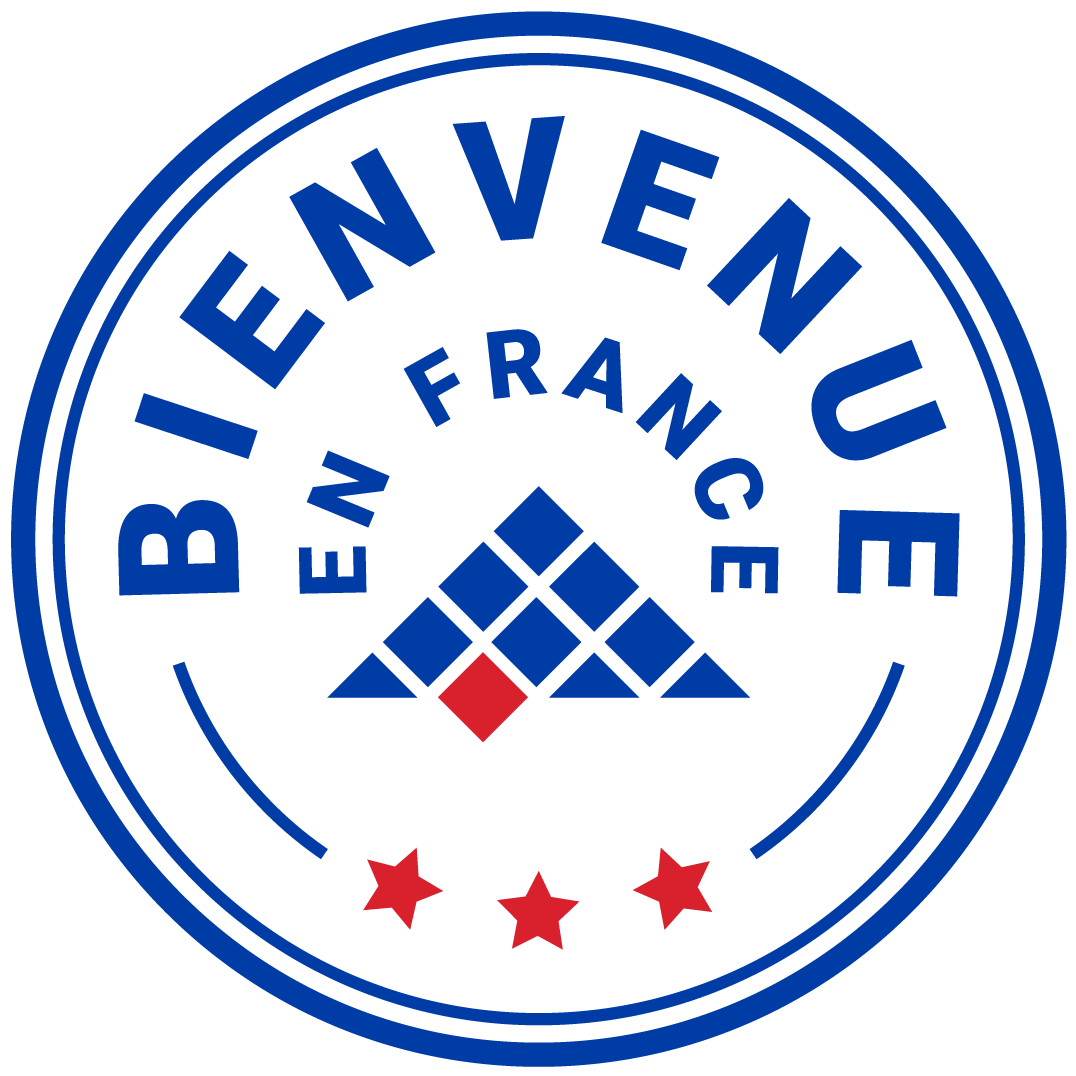The international strategy of UT Capitole
The development of international relations is one of the strategic priorities of Université Toulouse Capitole.
With a presence on five continents thanks to numerous cooperation agreements, the University of Toulouse Capitole is developing a strategy of international university cooperation based on the quality of the training provided by its faculties/schools in law, economics, management, and information technology, as well as on its international research teams.
The level of internationalization of Université Toulouse Capitole is already very high and is reflected in the fact that nearly 20% of its students are international, in its foreign language training programs, and in its numerous international scientific cooperations.
The University wishes to further increase this international dimension both in teaching and research in order to develop the University's influence throughout the world. The priority is to increase the number of quality partners in both education and research.
The Université Toulouse Capitole wishes to strengthen its links with countries and institutions that have a quality of research and higher education equivalent to ours and that are willing to set up intensified international partnerships that go beyond classic mobility. The University is trying to develop privileged relationships with universities in the South, particularly French-speaking ones. This is why one of the main objectives over the next few years will be to participate in calls for tender aimed at encouraging or promoting incoming mobility within the framework of a public service cooperation.
This policy of Université Toulouse Capitole is linked to that of Université fédérale de Toulouse-Midi-Pyrénées (UFTMiP) of which Université Toulouse Capitole is a member.
Thus, students are offered many opportunities of studying abroad with European or international partners. Students have a rich choice of subjects, academic levels or geographical destinations.
The University has many double degrees in law, management and economics with prestigious European and international universities. These programs enrich students with a dual culture and allow them to obtain two national diplomas at the end of their training. In law, the European School of Law groups together and manages the double courses and double diplomas, the Masters in Law taught in English, as well as the Jean Monnet European teaching modules. It awards a University Diploma, accessible through one of the courses offered by the school.
On the other hand, the reception of foreign students is based on several mechanisms that allow for quality support by the University, which has obtained the Welcome to France label. Each incoming student is followed by an academic advisor who guides the student through the university program. In addition to English language training, specialised French language courses are offered free of charge to incoming students and free movers, as well as support in their administrative procedures. A welcome day is dedicated to them.
The internationalization of research is another facet of the University's European and international strategy. The research centers are involved in numerous projects and scientific cooperation networks with foreign partners. In addition to the organization of international events and publications in international journals, various actions aim to develop research projects and partnerships. Specific actions are carried out in order to promote the mobility of teachers-researchers by inviting foreign researchers, as well as the mobility of doctoral students, in particular through joint PhD agreements.
4 strategic axes are the object of particular attention:

